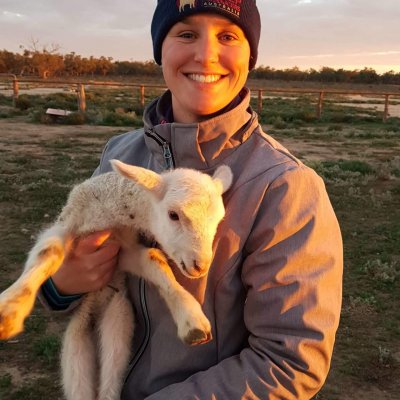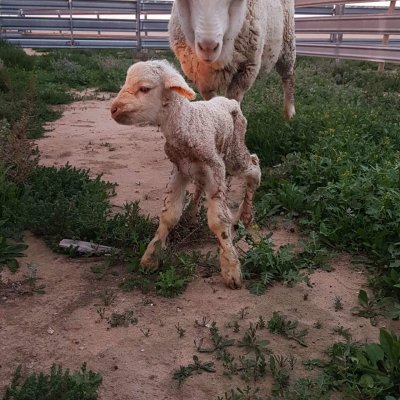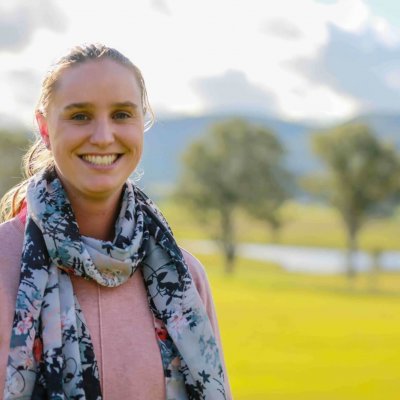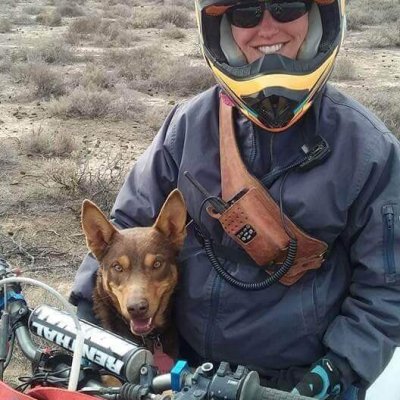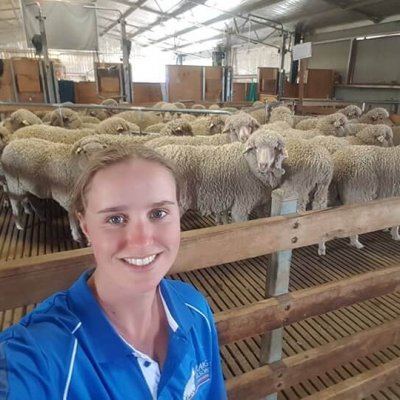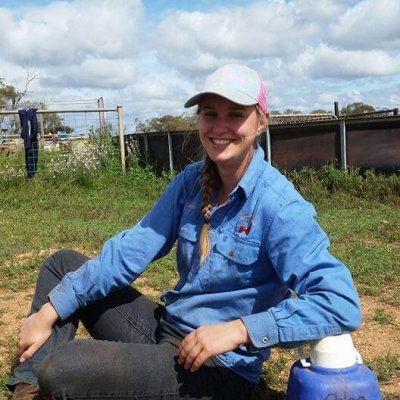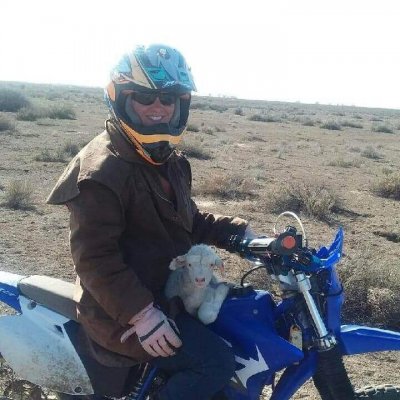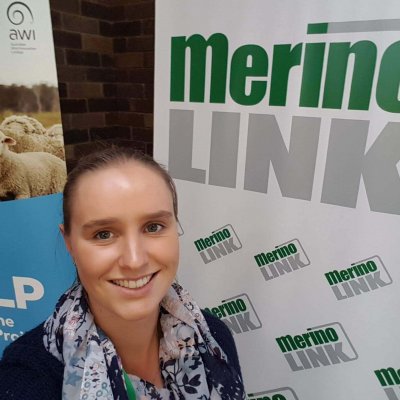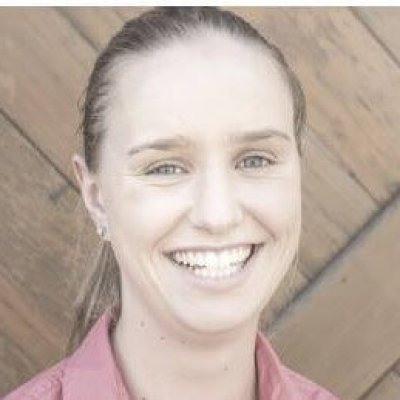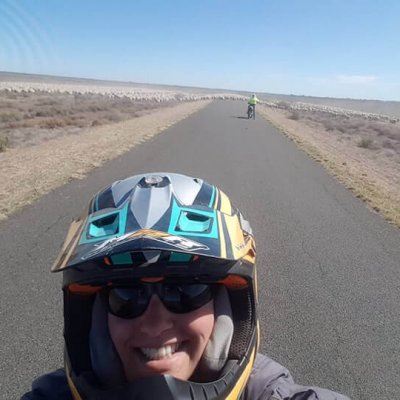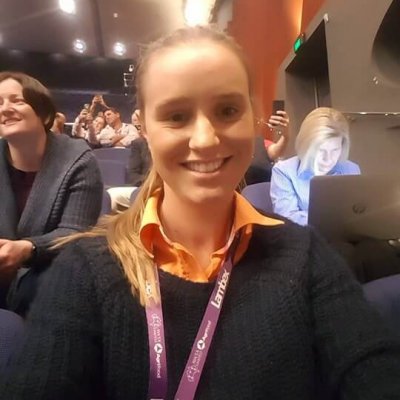Originally from South Australia’s Clare Valley, Chloe Dutschke is the Genetics and Feedlot Overseer on a pastoral property 80km west of Hay, in New South Wales’s Western Riverina. Formerly a self-employed contract musterer, Chloe was the joint recipient of the 2019 Peter Westblade Scholarship, which she used to develop business ideas aimed at giving back to the agricultural community. Driven, enthusiastic and empathetic, she studied Animal Science at the University of Adelaide and is happiest when sharing ideas with likeminded people. Chloe sees women as an incredible strength of rural communities.
When asked what concerned Chloe about the health and safety of those in rural industries and communities, she recalled an incident on her motorbike after a muster. The incident reinforced how even the smallest of safety steps can make a really big difference after she escaped severe injuries, with thanks to her helmet and boots. Chloe stressed the importance of choosing relaxed moments for conversations about health and safety, such as before or after jobs or during planning sessions, rather than when the pressure is on. She also highlighted that clear, non-aggressive communication is vital to getting people on board, and that mental health should always be a priority.
How would you describe yourself in three words?
Tell me something interesting about yourself...
I grew up in the Clare Valley, SA, but do not come from an agricultural background. I have studied a Bachelor of Animal Science at the University of Adelaide and prior to becoming the Genetics and Feedlot Overseer for my current company, I was a self-employed contract musterer across SA and NSW.
What's one achievement you are most proud of?
I am a joint winner of the 2019 Peter Westblade Scholarship. This scholarship has given me amazing opportunities to attend industry events, develop a network of industry mentors, develop my own business ideas and a chance to give back to the agriculture industry.
What makes you truly happy?
What do you love the most about being a rural woman?
Tell me about a time when you felt worried about your own or someone else’s health, safety or wellbeing on the farm, boat or in some other aspect of rural life.
In November 2018, I was riding my motorbike back to the homestead after a muster when a kangaroo jumped out in front me. I didn’t even see it – there was no time to brake. Without any warning, I was straight over the handlebars and skidding along the dirt track. When I finally got to my feet, there was blood dripping from my arm, grazes everywhere and fuel pouring out of my motorbike.
After a frantic radio call to my partner Joe (who wasn’t far behind me), we got a first aid kit and a car to come out and pick me up. Thankfully, my injuries did not require the RFDS – just a two-hour car trip to the local hospital, where I was assessed by doctors in Emergency. I had no broken bones but came out with approximately 18 stitches and some nasty grazes and bruises.
My bike was damaged but fixable – it had copped most of the force. I am lucky to have only a small scar to tell of my ordeal. Without my helmet and motorbike boots, my injuries definitely would have been much more severe.
What practical things did or could you, your partner and / or others do to prevent someone from getting hurt?
I always remind my partner to be safe before every muster or job, constantly reminding him of small safety steps such as to wear safety glasses every time he uses a grinder etc. I am a stickler for wearing safety glasses!
Also, talking about the task ahead, the dangers in the paddock, reminding everyone to wear personal protective equipment and speaking up when someone is going to do something that is unsafe are all ways we can remain safe when doing our jobs.
"Your mental health is extremely important, make sure you take time to see friends and family, get a massage, do something that is just for YOU!”
Chloe Dutschke, Hay, New South Wales AU Tweet this
Is there a time, place or scenario when your partner / workers are more willing to make changes to the way work is done?
Throwing ideas around after work, during beer o’clock, when everyone is more relaxed and not under pressure can be a good time for group discussion on how to approach a situation.
Having a planning session at a toolbox meeting before the pressure is on can also be helpful so everyone knows their task.
Good, clear, non-aggressive communication is key.
If you could give any advice to another rural woman about work health and safety in rural industries, about influencing change in business - or just in general - what would it be?
Your mental health is extremely important. Make sure you look after yourself and take time to do the things you personally need to do, like seeing friends and family, a massage, anything that is just for YOU!
Small steps to changing the world – women can’t do it all, so ask for help when you need it.
